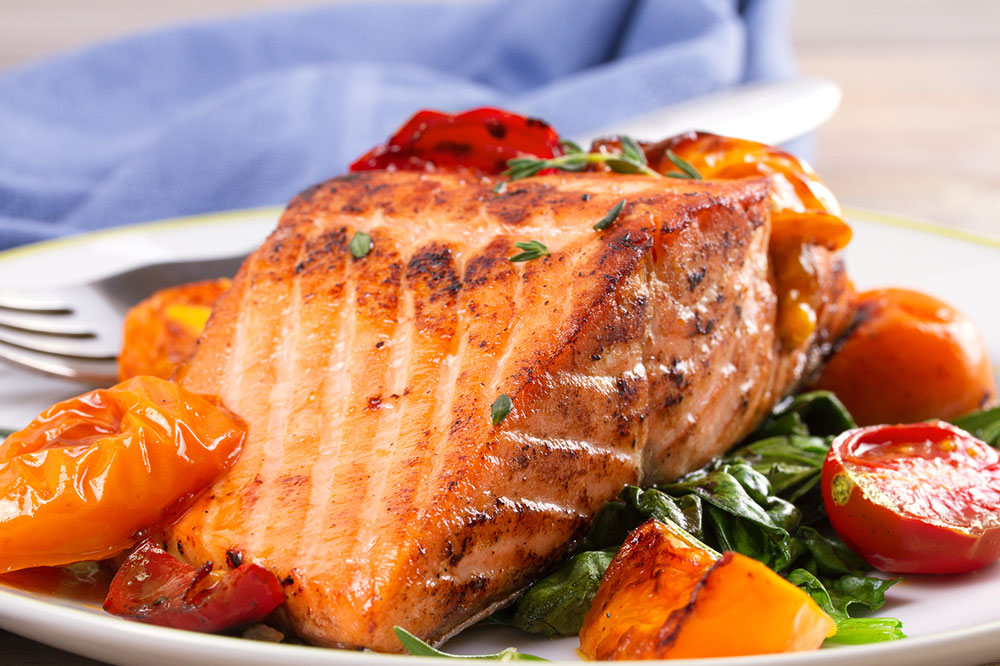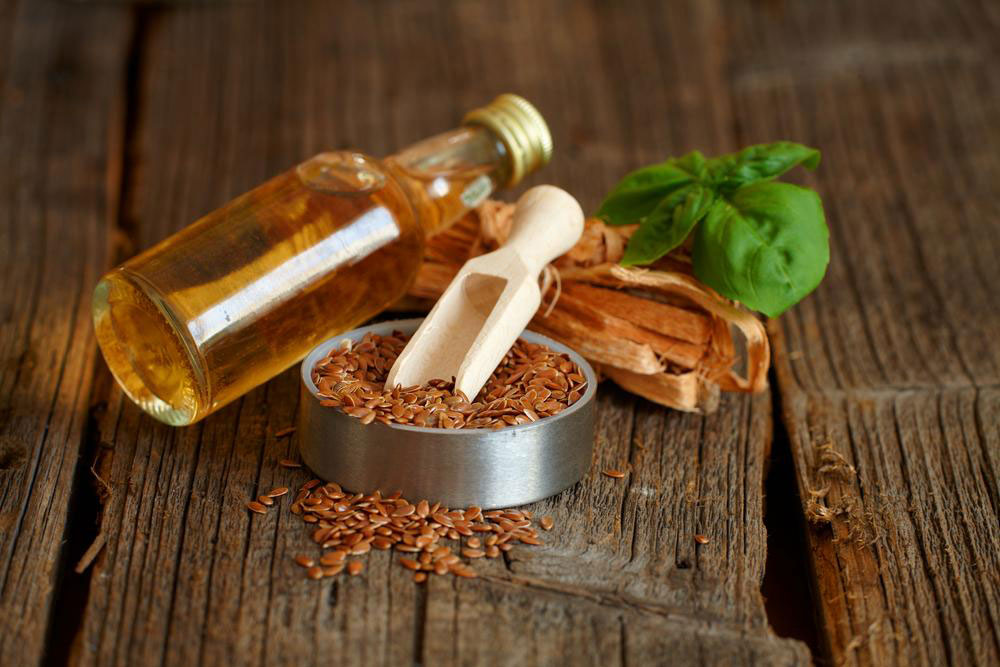Comprehensive Guide to Nutritional Foods That Help Alleviate Arthritis Symptoms
Learn how to manage arthritis symptoms effectively through diet. Discover top anti-inflammatory foods like berries, grapes, salmon, ginger, nuts, and broccoli that can help reduce joint pain, stiffness, and inflammation. This comprehensive guide provides scientific insights and practical tips for incorporating these nutrient-rich foods into your daily routine to support joint health and improve mobility.

Comprehensive Guide to Nutritional Foods That Help Alleviate Arthritis Symptoms
Managing arthritis requires a multifaceted approach that combines medical treatment with lifestyle modifications, especially diet. Food choices can significantly influence inflammation levels and joint health. While there's no magic cure for arthritis, incorporating specific anti-inflammatory foods into your daily meals can help reduce pain, improve mobility, and enhance overall quality of life. This extensive guide delves into top nutrient-rich foods that are proven to support joint health and ease arthritis symptoms, backed by scientific research and nutritional expertise.
Top Nutritional Foods for Easing Arthritis Discomfort
Berries: Nature’s Antioxidant Powerhouses
Fruits like strawberries, blueberries, raspberries, and blackberries are not only delicious but are rich sources of vitamins, minerals, and antioxidants. These bioactive compounds play a pivotal role in combating inflammation and supporting joint health. Berries contain powerful antioxidants such as anthocyanins, quercetin, and rutin that help neutralize free radicals, reducing oxidative stress, which is a key factor in chronic inflammatory conditions like arthritis. Their high vitamin C content helps stimulate collagen production essential for joint cartilage repair. Regular consumption of berries has been associated with decreased markers of inflammation and improved joint function.
Berries also contain compounds like rutin and quercetin that bolster immune response and reduce joint swelling. Adding berries to smoothies, salads, or snacks can be a simple yet effective way to harness their anti-inflammatory potential and promote joint comfort.
Grapes: Small Fruit, Big Benefits
Grapes, especially red and purple varieties, are packed with powerful antioxidants and phytochemicals that combat inflammation. Resveratrol, a natural compound found in grape skins, has been extensively studied for its anti-inflammatory and joint-protective effects. Resveratrol may inhibit enzymes involved in cartilage degradation and prevent the progression of joint thickening—a common issue in osteoarthritis and rheumatoid arthritis. Consuming grapes regularly or drinking red wine in moderation can provide these health benefits, contributing to better joint mobility and reduced arthritis symptoms.
Fatty Fish: Omega-3 Rich Superfoods
Salmon, mackerel, sardines, and other fatty fish are excellent sources of omega-3 fatty acids, specifically EPA and DHA. These essential fats have potent anti-inflammatory properties, which can help lower joint stiffness, reduce tenderness, and ease pain associated with arthritis. Numerous studies have demonstrated that omega-3 supplementation or diet rich in fatty fish can significantly improve symptoms by decreasing inflammatory markers in the bloodstream. Incorporating omega-3-rich fish into your diet two to three times a week is highly recommended for individuals managing arthritis.
Ginger: The Natural Anti-Inflammatory Herb
Ginger has been used traditionally to treat various inflammatory conditions. Modern science supports its efficacy in reducing joint pain and stiffness, especially in osteoarthritis and rheumatoid arthritis. The bioactive compounds gingerol and shogaol exhibit anti-inflammatory effects by blocking the production of cytokines and prostaglandins involved in inflammation. Whether consumed fresh, as a supplement, or in powdered form, ginger can be a valuable addition to an arthritis-friendly diet. Studies have shown that ginger can diminish knee pain significantly when taken regularly over several weeks.
Walnuts and Other Nuts: Nutritious Support for Joints
Walnuts are nutrient-dense nuts rich in healthy fats, including omega-3 fatty acids, which support anti-inflammatory processes. They also contain vitamin E, zinc, magnesium, and fiber—all crucial for maintaining immune health and reducing inflammation. Consuming walnuts or other nuts like almonds, peanuts, pecans, hazelnuts, and pistachios can help improve joint health and decrease inflammatory markers linked to rheumatoid arthritis. Nut consumption can be incorporated into various meals such as salads, oatmeal, or as snacks, making them an easy addition to your dietary routine.
Broccoli and Other Cruciferous Vegetables: Powerful Plant-Based Protectors
Broccoli is rich in sulforaphane, a compound known to activate detoxification enzymes and inhibit immune responses that can lead to rheumatoid arthritis. Other cruciferous vegetables such as cabbage, cauliflower, Brussels sprouts, and kale also contain similar phytochemicals that support immune regulation and reduce joint inflammation. Regularly including these vegetables in your diet can provide a protective effect, potentially slowing the progression of arthritis and alleviating symptoms. Their fiber content further supports gut health, which is linked to overall inflammatory responses.
Medical Options for Arthritis Management
For those seeking targeted pharmaceutical interventions, medications like Otezla® (apremilast) are approved for adult patients with psoriatic arthritis. Otezla® works by modulating inflammatory pathways, ultimately reducing joint swelling, tenderness, and pain. Typically, patients start seeing significant improvements within the first four months of consistent use. It is essential to consult with your healthcare provider to determine if such treatments are appropriate for your condition and to develop a comprehensive management plan tailored to your needs. Combining medical treatment with dietary adjustments can optimize arthritis symptom relief and improve overall joint function.
In summary, adopting an anti-inflammatory diet rich in berries, grapes, fatty fish, ginger, nuts, and cruciferous vegetables can significantly contribute to alleviating arthritis symptoms. While diet alone may not eliminate the condition, it serves as a vital component of a holistic approach to managing joint health. Consulting with healthcare professionals and incorporating lifestyle changes alongside medication can lead to more effective symptom control and enhanced quality of life for those living with arthritis.





